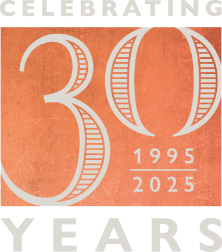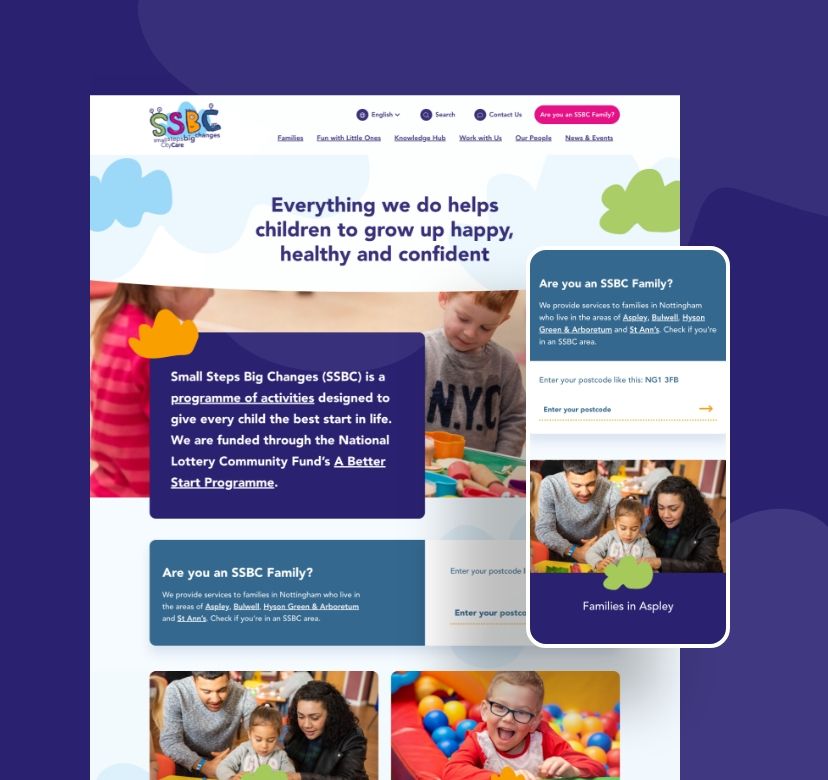
Small Steps, Big Changes SSBC website helps parents of young children in Nottingham
A flexible, adaptable and accessible new website to help strengthen and establish the work of this early-years development programme.
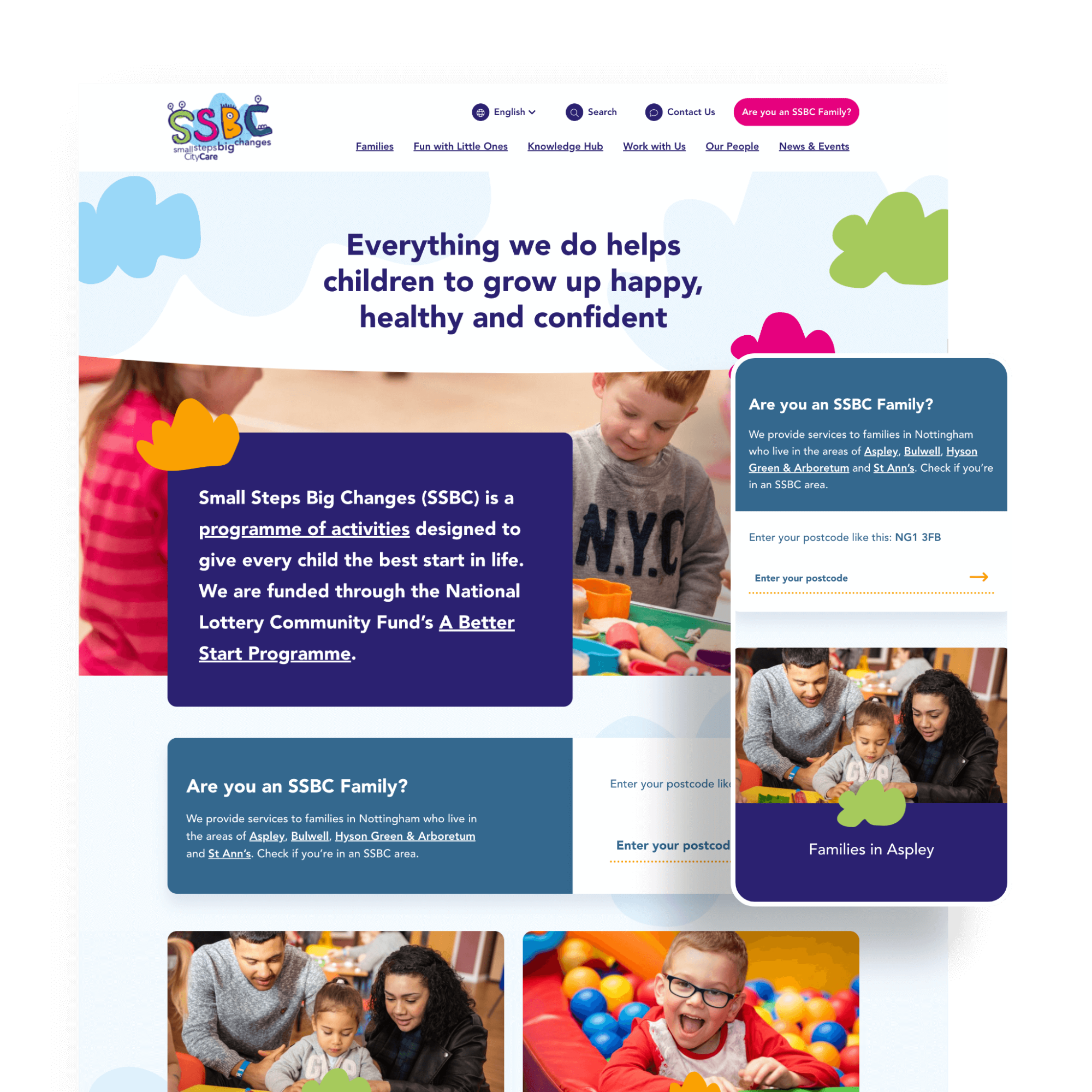
The Small Steps Big Changes (SSBC) programme aims to improve the lives of children aged 0-4-years in four Nottingham communities.
The SSBC Programme is a ten-year £45m transformation programme hosted by Nottingham CityCare Partnership and funded by the National Lottery Community Fund. SSBC helps families and communities improve child development outcomes in communication and language, social and emotional development, and nutrition, assisting Nottingham’s children to grow up happy, healthy and confident.
The new website was commissioned to support the strategic aims of the five remaining years of the programme – to become self-sustaining. The website strategy was based on improving engagement with SSBC’s audiences, strengthening and establishing the significance of SSBC’s positive work, and demonstrating areas of research, expertise and innovation.
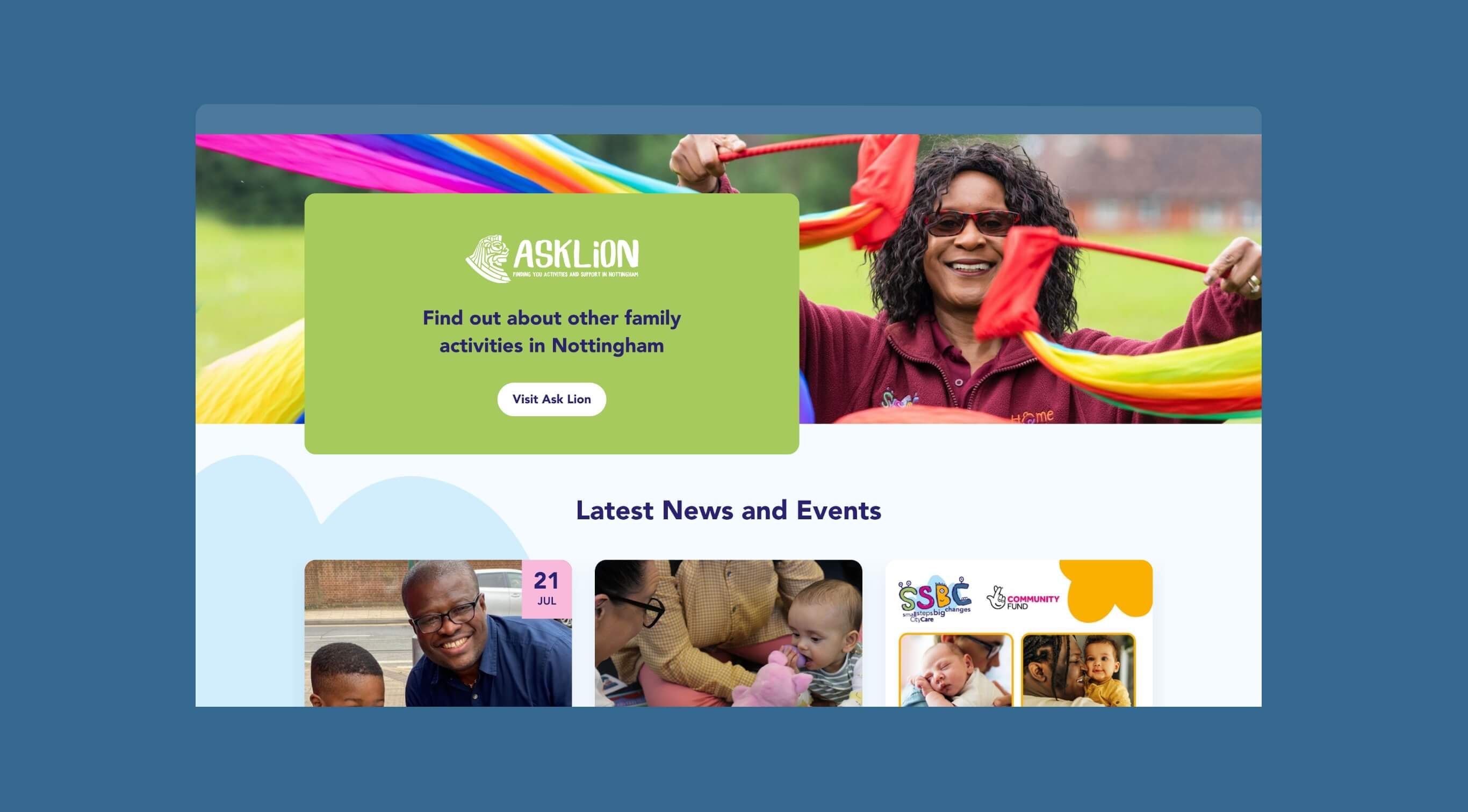
Balancing the needs of a variety of audiences and stakeholders
Led by Nottingham CityCare Partnership, SSBC is a partnership of parents and professionals - including Nottingham City Council, health partners, commissioners, voluntary and community groups, parents and local communities. The website provides resources for all stakeholders involved in the delivery of the programme.
SSBC services are accessed by families living in the Aspley, Bulwell, Hyson Green & Arboretum and St Ann’s communities of Nottingham. The website provides details of activities and groups, volunteers and mentors to this audience who can access services during pregnancy and with children aged four and under. A high proportion of residents of SSBC communities do not speak English as their first language.
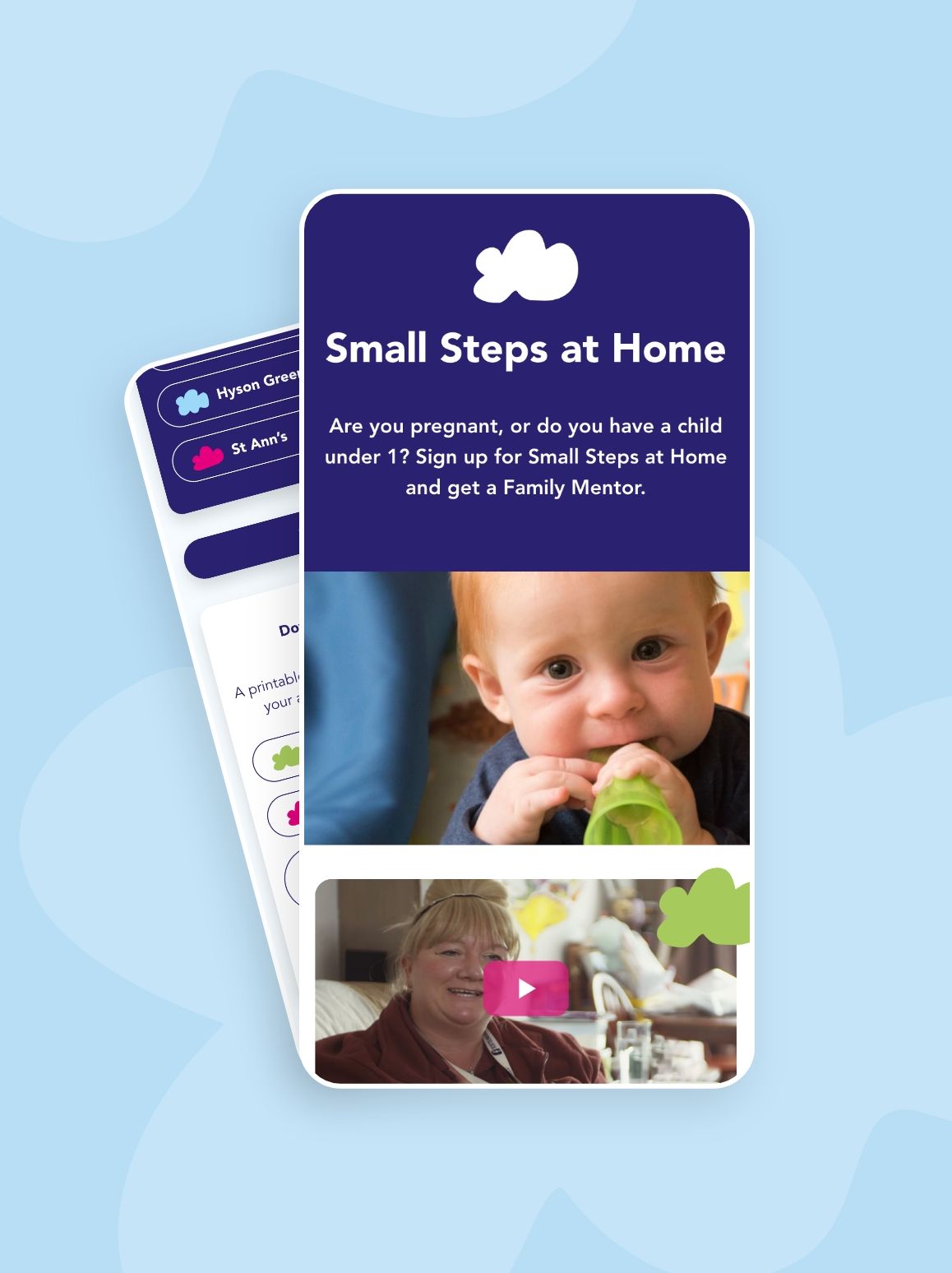
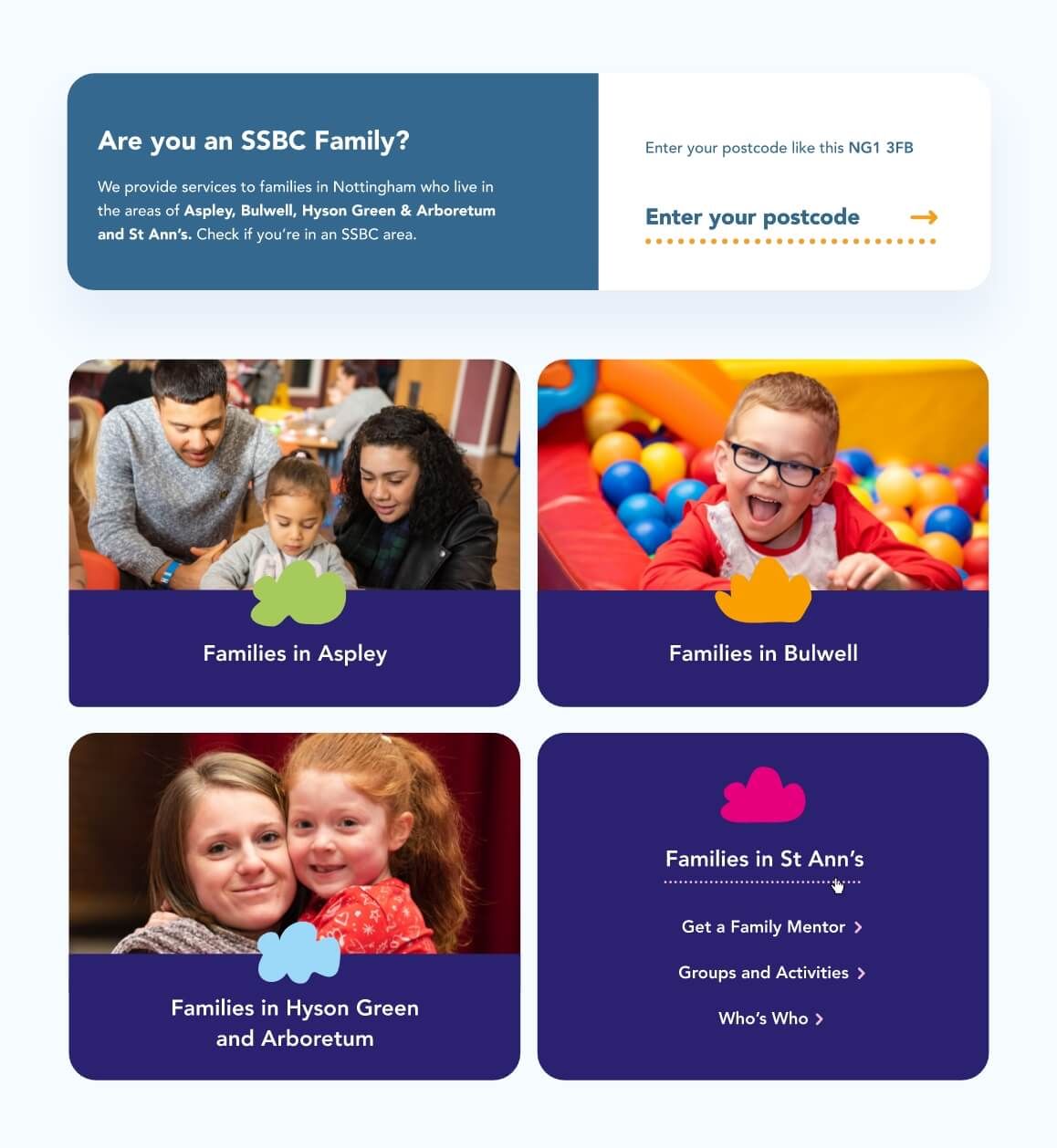
Engagement with SSBC staff, partners and service users was key to developing a robust UX design.
UX research
Optima adopted a mixed-method research approach, using online surveys with current service users and staff and in-person workshops with parents, partner workforce and SSBC project team focus groups. We also conducted a comparative website review with other ‘Better Start’ providers and audited the previous SSBC website for accessibility.
Insights
SSBC services are only available to families in specific postcode areas, and all website users felt this should be made more evident throughout the site. In response to this, we created a postcode checker, ‘Are you an SSBC family?’ to help reduce enquiries from non-qualifying families.
Other research insights included:
- The need for enhanced presentation of activities and groups, which we chose to present in a filterable calendar format
- The development of user-specific ‘zones’ for specific audience segments – we created zones for children, parents, dads and the SSBC workforce
- The need to recruit volunteers and empower them in their role – we created a new volunteer section and ensured volunteers were prominently represented on the website
- Identifying the volunteers and staff working with parents in each community – we created different community landing pages to signpost relevant information
- The need for clear signposting, accessibility considerations and ease of navigating between website sections led us to reimagine the website structure completely
- The need for greater use of genuine and father-inclusive imagery, which was incorporated throughout the site, not just in the dad’s zone
- Taking a mobile-first approach which meant we ensured all website features performed responsively
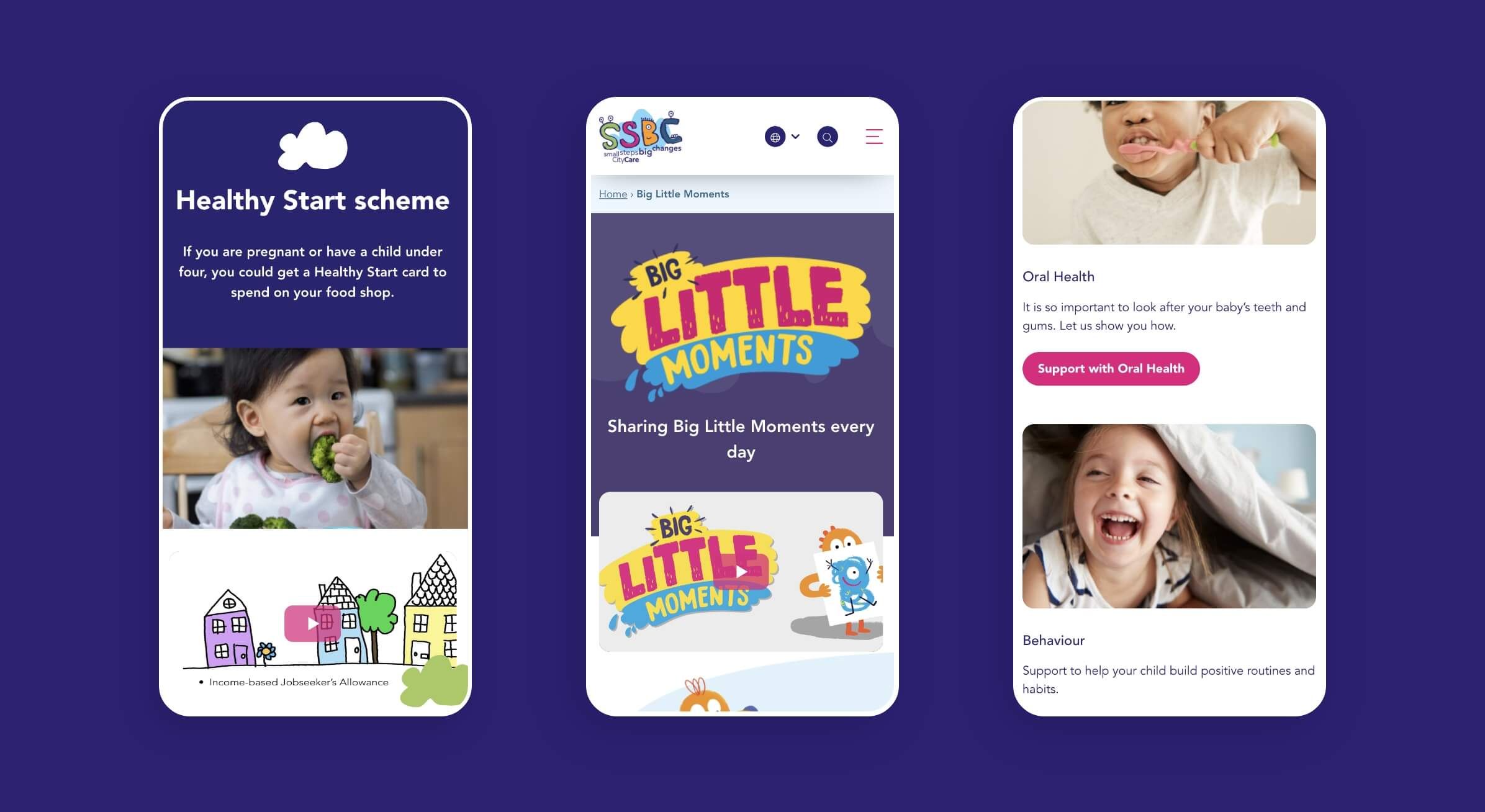
+55% Users Year on year growth 2021-22
5 languages Using Weglot integration
AA Accessibility Standard
The SSBC website needed to reinforce them as experts and capitalise on those actively looking for products, services and expertise via search engines. Partners and employees use the website to access data, reports, valuable templates and materials. Parents and carers use the site to find support, helpful resources, downloads, find activities and groups in their area.
Our research created ‘strands’ common to multiple audiences, which we acted upon to create the website strategy and specification. For example, SSBC employs a ‘paid peer workforce’ known as Family Mentors who provide valuable in-person support to parents and children in eligible postcodes, known as ‘Small Steps at Home’. User research informed us that parents often feel nervous before initially accessing the service and that it would be good to put a face to the name.
So, we created different community landing pages with links to the details of Family Mentors and SSBC volunteers working with families in each community. The volunteers we interviewed felt this would benefit service users and make them feel recognised and rewarded for their contribution.
Optima has created a website that supports the partnership’s ambitions and growth plans beyond promoting services, groups and activities to support co-production projects, research and public health messaging.
It has been built flexibly, which means it can be adapted to fit the programme’s long-term needs once the funding ends.
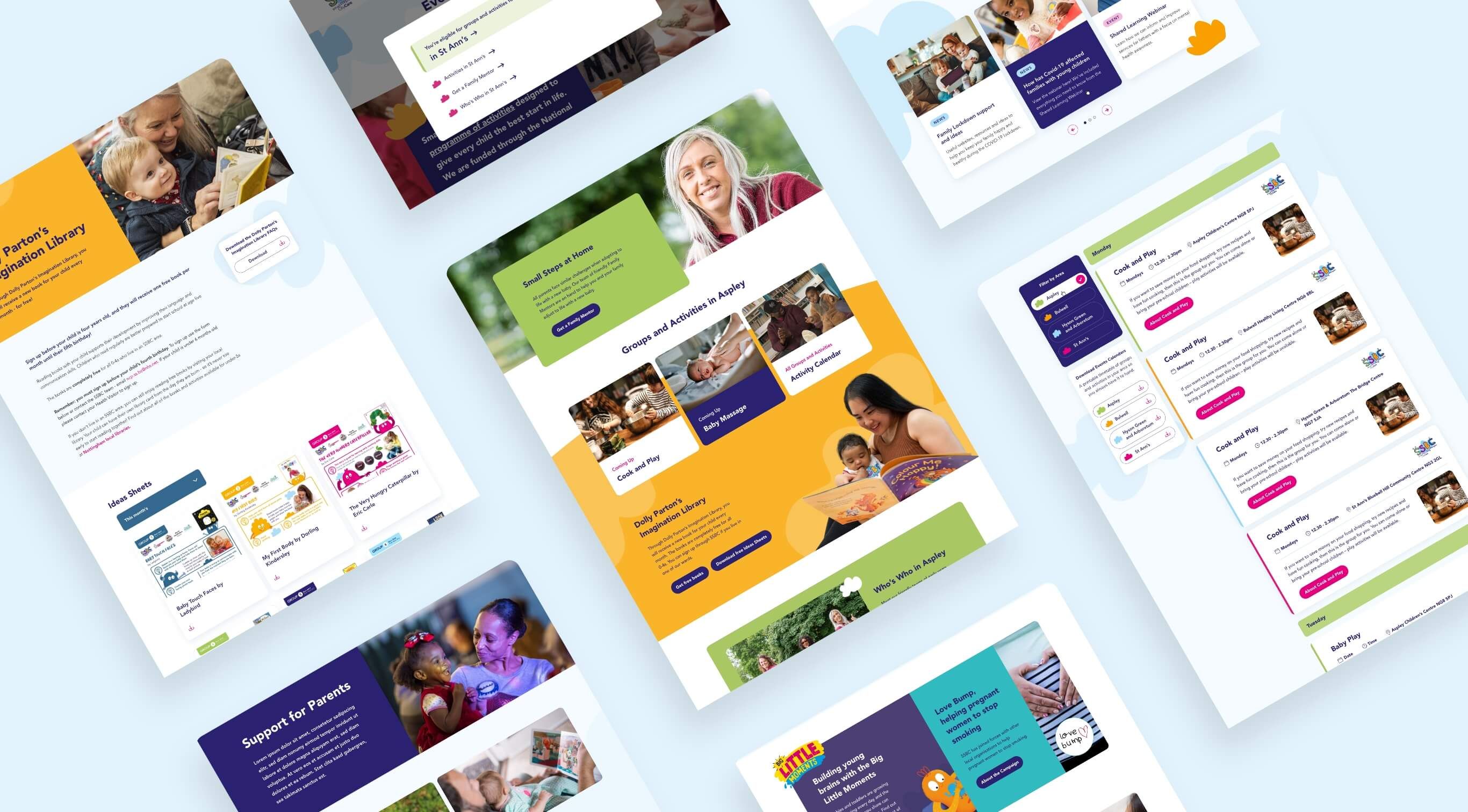

Latest
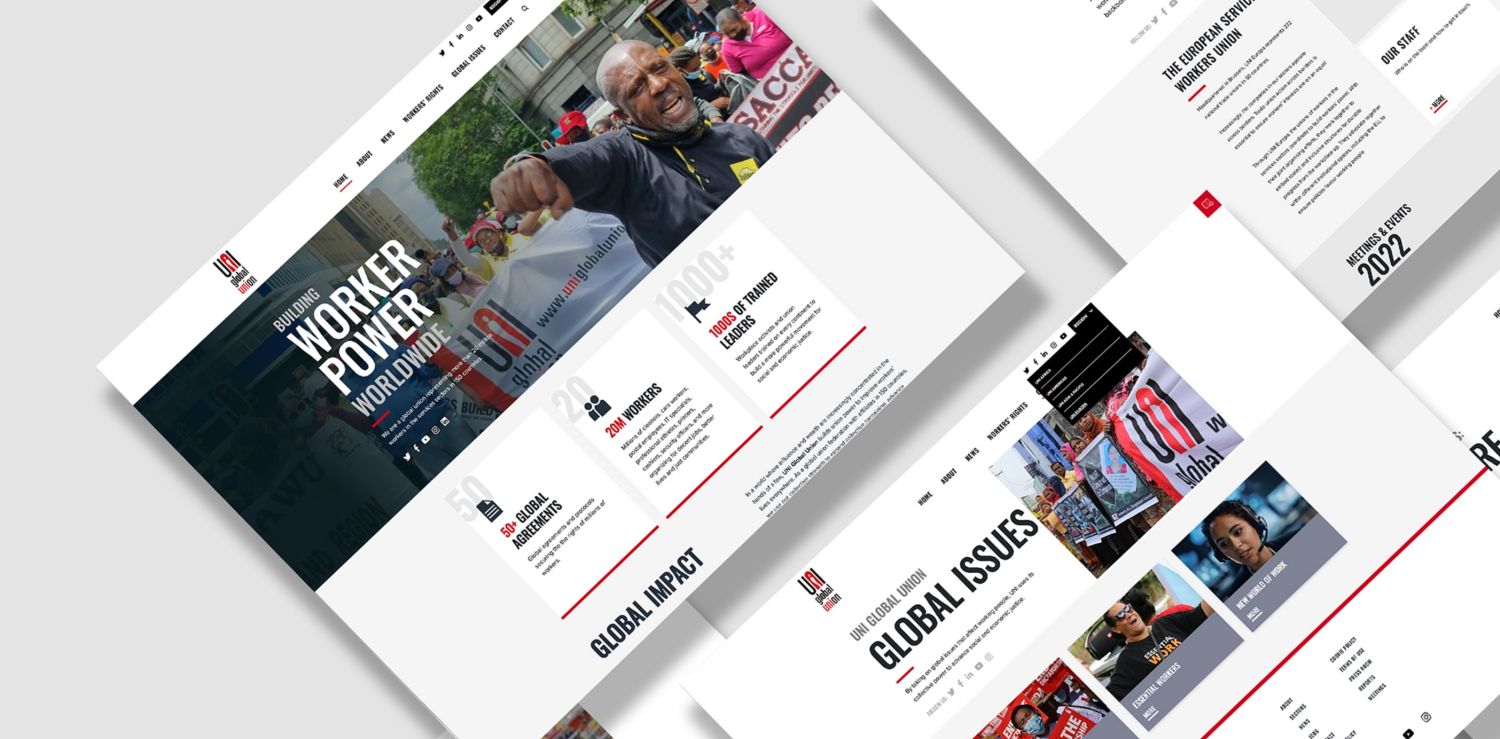
UNI Global Union Website
WebOptima created a new website for UNI Global Union, a major international labor organization representing over 20 million workers around the world.

World Energy Council
WebOptima partnered with the World Energy Council to transform their digital presence, creating a dynamic, user-friendly platform that supports WEC’s global initiatives.

